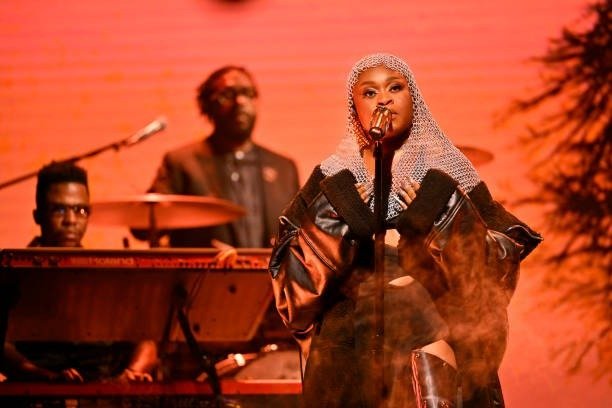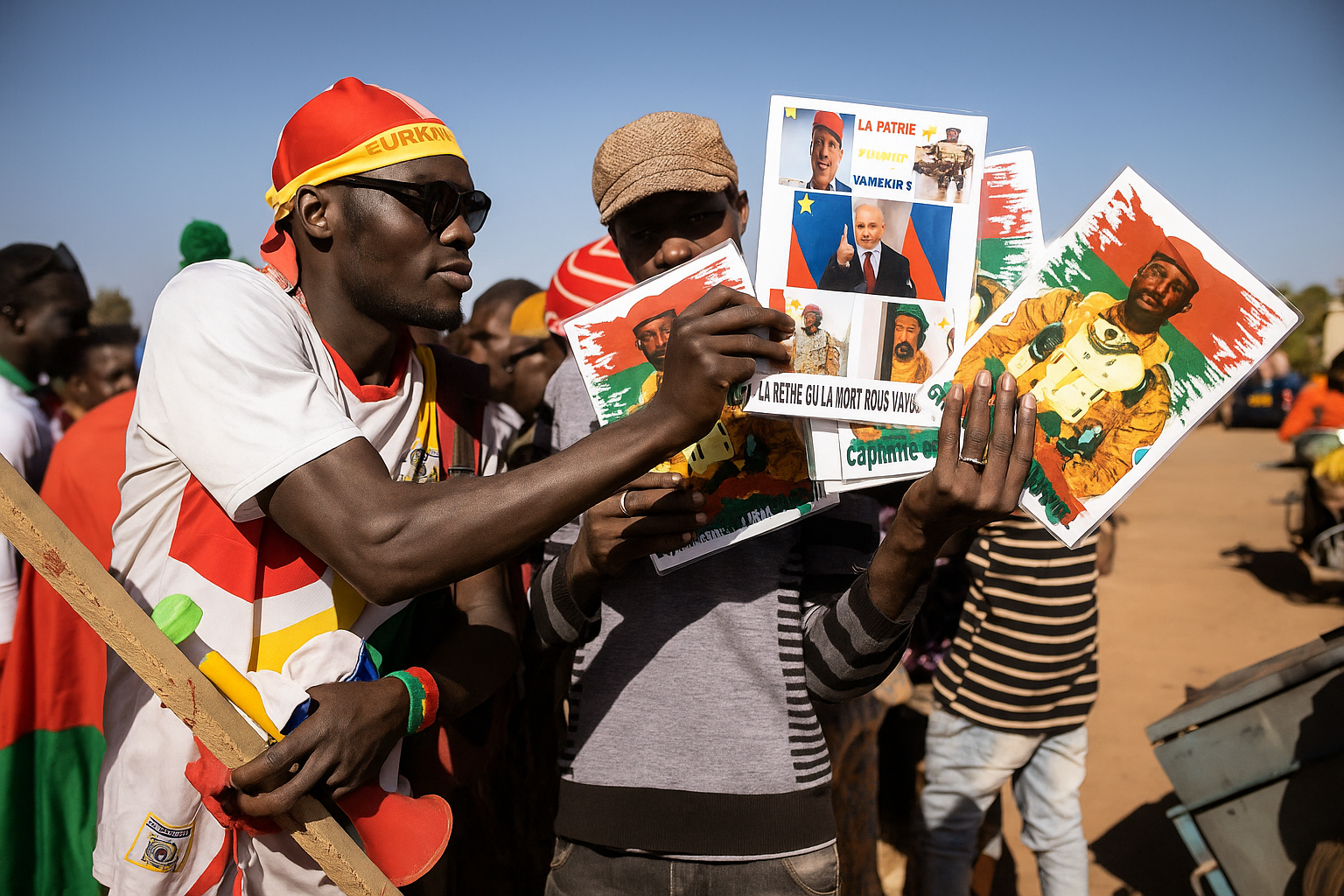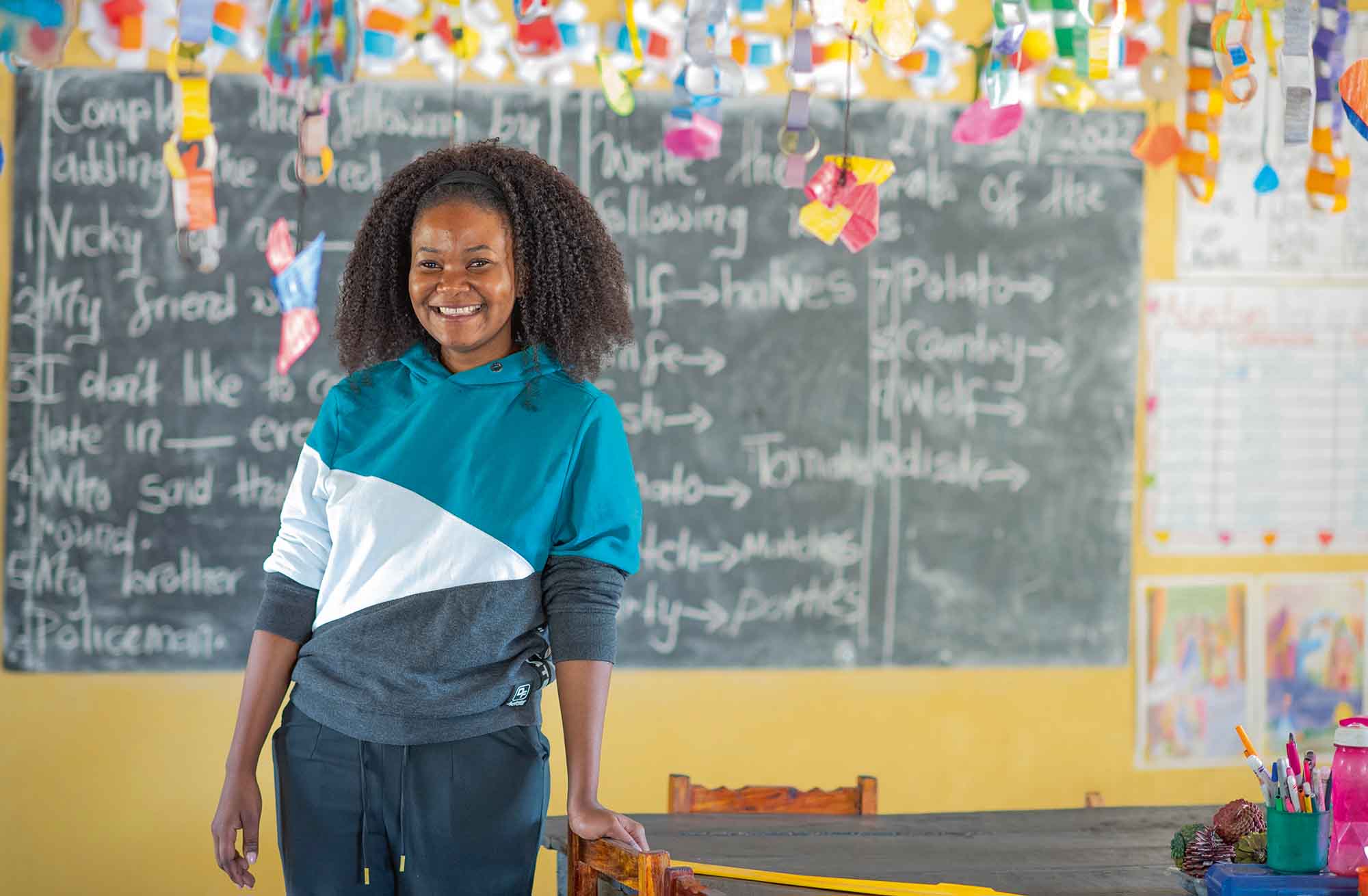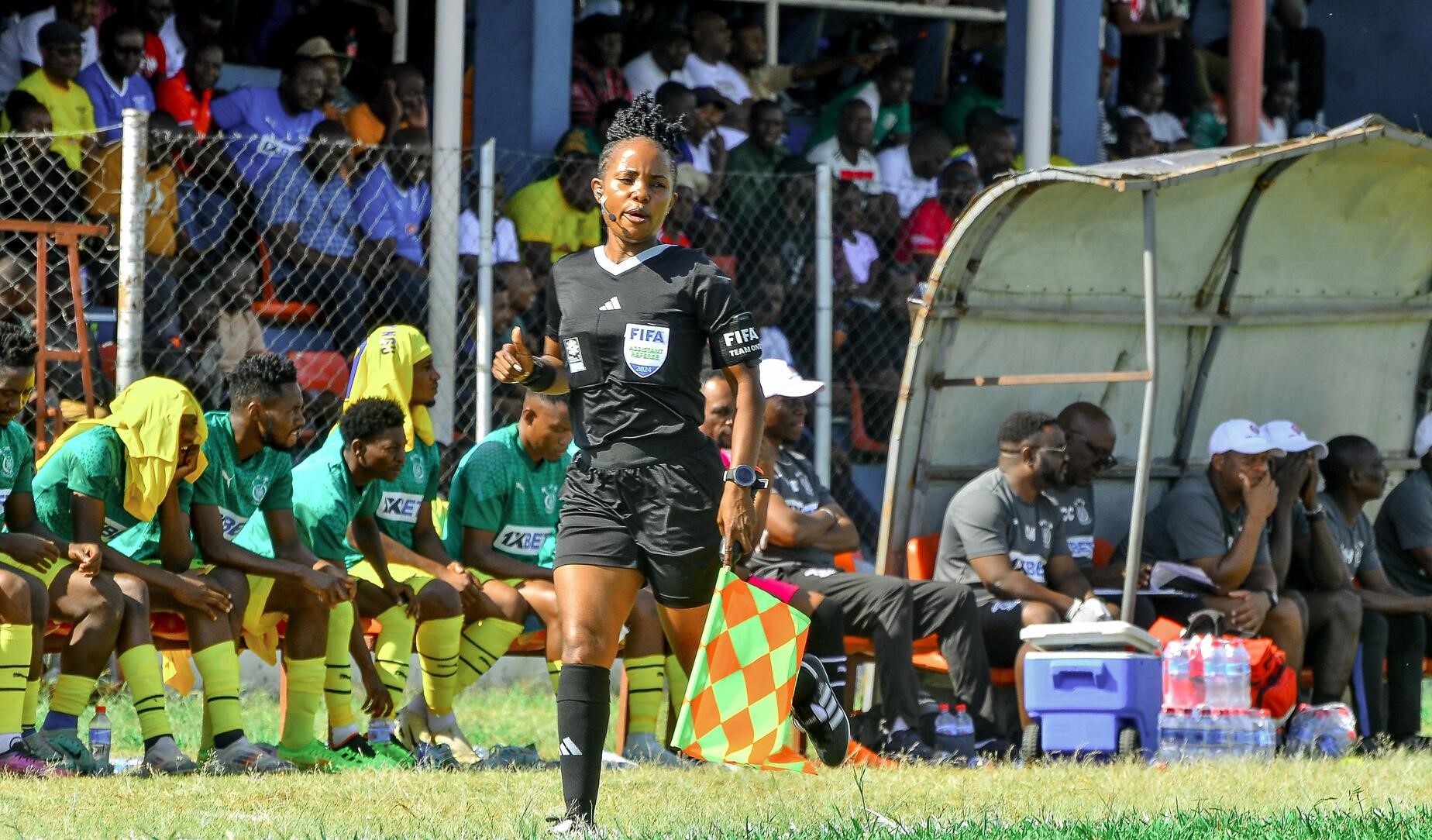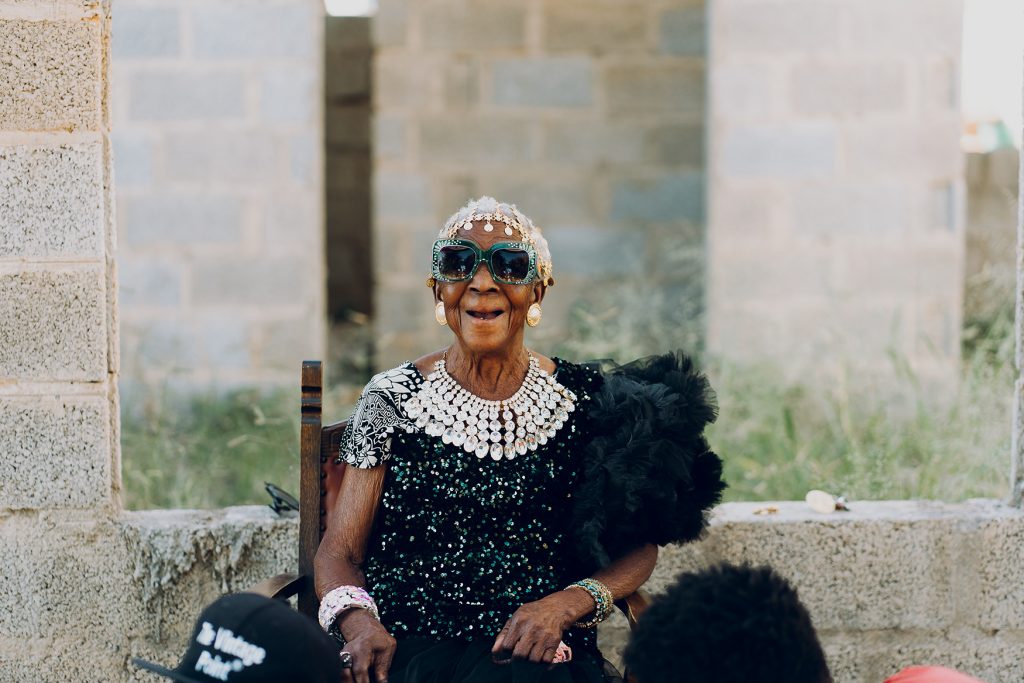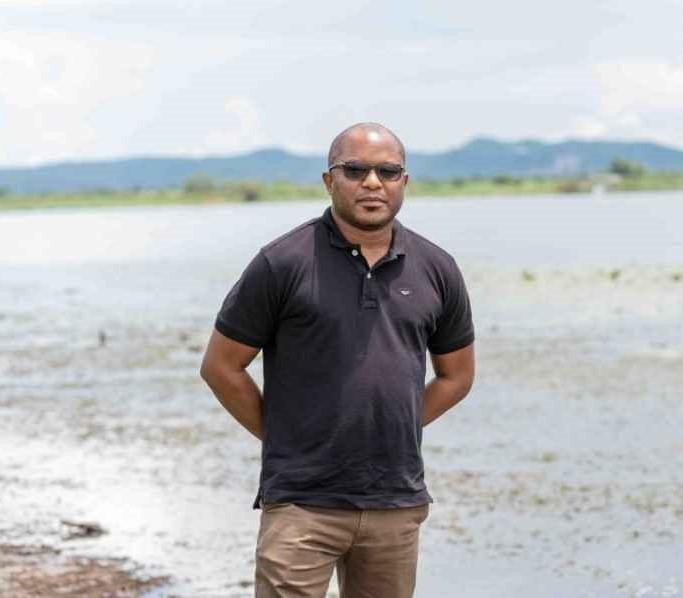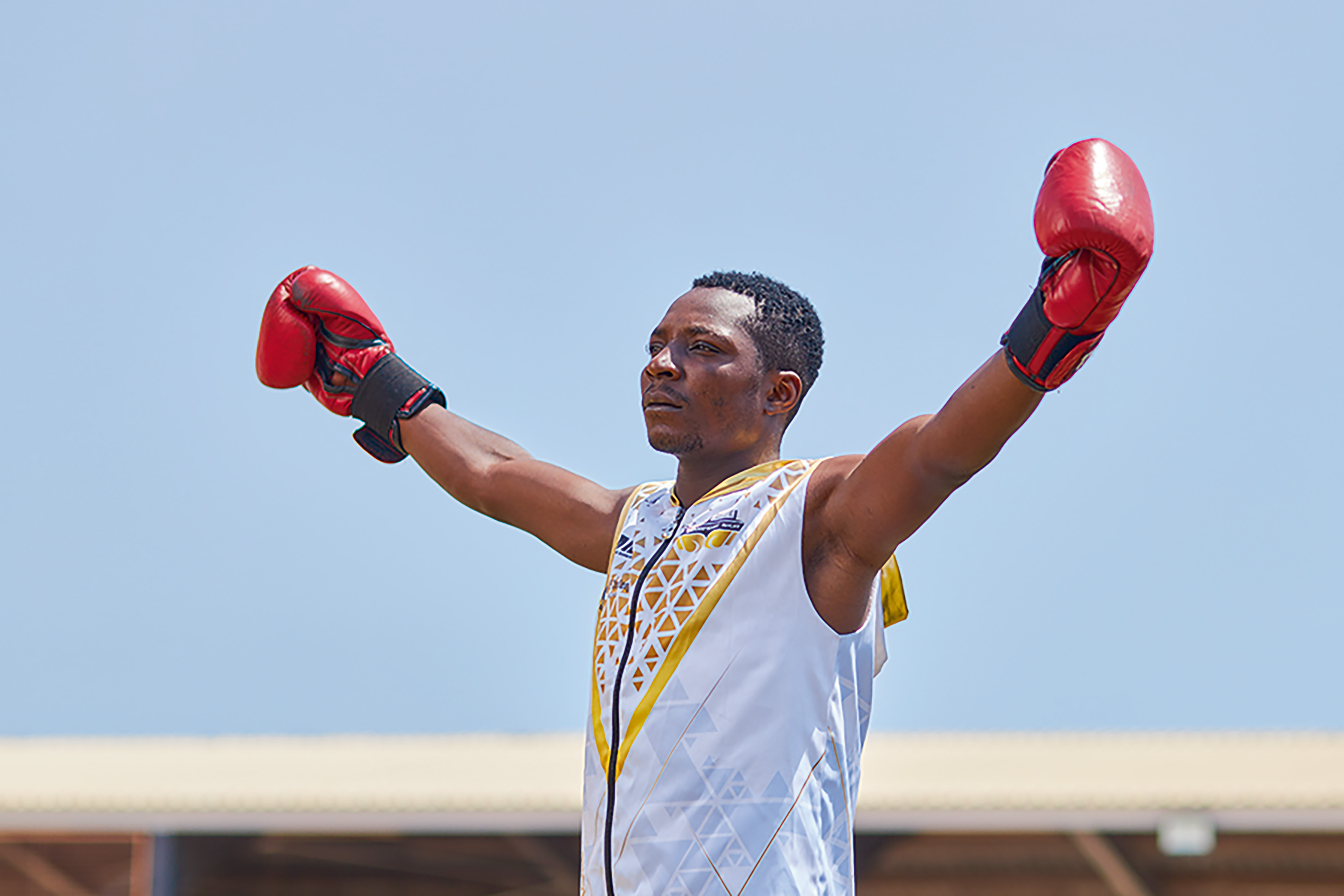Dambisa Moyo, Sampa The Great, and Barbara Banda are carving paths with unshakable authenticity. Their stories aren’t just about success—they’re blueprints for turning barriers into breakthroughs.
Being a woman today means stepping into a world that, for the most part, was not built with you in mind, but owning it anyway. Over the past few decades, women have moved in ways that history didn’t always anticipate. They’ve built, led, reshaped, and resisted. Today, we see women not just represented but redefining what success and leadership can look like.
And what’s even more remarkable is the fact that many do this while still carrying multiple roles: mother, daughter, caregiver, friend, mentor, and boss. There is a flexibility, a depth, a relentlessness that comes with being a woman right now. The structures haven’t always shifted to meet us, but we’ve learnt to reinvent ourselves anyway.
So, what does this look like in Zambia?
It looks like Dambisa Moyo, Sampa the Great, and Barbara Banda. Each of them moves differently, yet carries the similarity of excellence. These aren’t just stories of visibility or recognition. These are stories of system-building, boundary-breaking, and owning the right to take up space, all with red lipstick or heels on.
Let’s get to know them a little better.
Dambisa Moyo Becomes the First African on Starbucks’ Board
Dr Dambisa Moyo understands systems. Financial systems, corporate systems, and political systems. She’s spent her life navigating them, questioning them, and building within them. In June 2025, she became the first Zambian and the first African to join the board of Starbucks. That board seat needs someone who can see patterns before they take shape, and Dambisa Moyo fits perfectly into that space.

She brings decades of experience. With degrees from Harvard and Oxford, and roles shaping policy at the World Bank and Goldman Sachs, she’s no stranger to power tables. Her written books like Dead Aid challenged organisations and helped reframe how people think about Africa’s position in the global economy. She’s not interested in rehearsed optimism. She talks about risk, governance and long-term value.
Alongside Starbucks, she serves on the boards of Chevron, 3M, and Condé Nast. In 2024, she became President of Chatham House. None of this is incidental. What she’s doing is expanding where Zambian expertise belongs.
What she represents is not a version of global leadership that leaves something behind. She is operating on the global stage while preserving her authentic Zambian voice.
Sampa The Great’s Lusaka Homecoming
When Sampa The Great (Sampa Tembo) moved back to Lusaka during the pandemic, she didn’t call it a break. She called it a return. A necessary one. She could have stayed where deals came easier and tours lined up—but she chose Lusaka instead. She came home and made an album that reshaped how the world hears Zambian music forever.
As Above, So Below is not a diaspora album. It was recorded in Lusaka, with her family nearby and her language on full display. Bemba. Nyanja. The electricity of Zamrock. The pulse of Southern Africa’s rhythms. These sounds were not mixed in as accents only, but carry a unique structure. The whole record breathes Zambia, and we’re here for it.
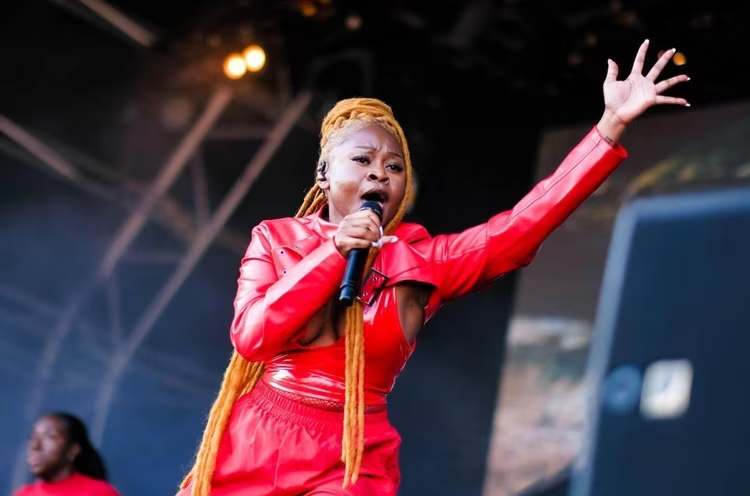
Tracks like “Never Forget” weren’t made to align with the normal conventions of Zambian music. They were made to connect generations. Her sister, Mwanjé, and cousin, Tio Nason, feature on the record, where their voices are part of a lineage, with the band WITCH echoing in the arrangements. She sings with pride and frustration, with softness and rage. It is both personal and collective, always speaking to something larger than herself.
She has since taken that album across continents: Glastonbury, Sydney Opera House, Coachella, COLOURS, and Boiler Room. She maintains the same, unaltered sound from her Lusaka set. She doesn’t modify her work for different crowds. She expects the world to come to her, and they have.
She often says that creativity isn’t about proving anything. It’s about remembering. About staying close to what raised you. Her music lives in that space.
Creating Space Through Resilience
Barbara Banda didn’t follow a traditional path. She was born in Lusaka and grew up with a love for football that didn’t always fit the expectations of how a young girl was supposed to move, and that did not stop her; she kept her eyes on the prize anyway.
By 18, she had signed her first professional contract in Spain. By 20, she had made history at the 2020 Tokyo Olympics, where she became the first woman ever to score back-to-back hat tricks, and in doing so, she put Zambia on the map in a way that could not be ignored.

What followed tested her. In 2022, she was barred from competing in the Africa Women's Cup of Nations due to CAF’s regulations on testosterone. The ruling was controversial and deeply personal. Where others might have crumbled, Barbara channelled it into fuel, returning stronger to silence doubters with her skill. At only 25, she scored at the World Cup, netting the tournament's 1000th goal against Costa Rica. She didn’t just return, she rose.
Barbara carries a kind of resilience that rarely announces itself but is felt instantly. And that is exactly what makes her such a powerful, non-conventional mentor. She is the kind of person this country has needed for a long time. She leads with strength and humility, and anyone who has met her will tell you the same.
Each One is Building Something Bigger
There’s a thread running through these stories. Dambisa’s decisions shape policy and global systems. Sampa’s records reshape what the world hears from Zambia. Barbara’s resilience in becoming the best version of herself, each of them insisted on doing things their way. Not for visibility. For structure. For legacy. Their work left behind tools and proof that being successful is attainable.
And believe it or not, you’re not too far off.
If you’re a young girl growing up in Zambia today or a woman looking at your life wondering if it’s too late, too complicated, or too unconventional, this is your reminder. You can become anything. Truly. The woman you are today is not bound to the blueprint of the past. You can mother and build. Start over and outdo yourself. You can fail, then pivot. You can rise quietly or loudly, but rise you will, regardless.
